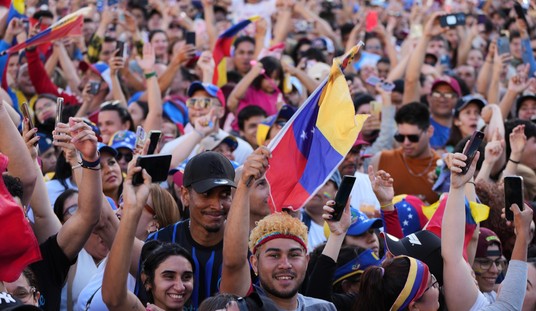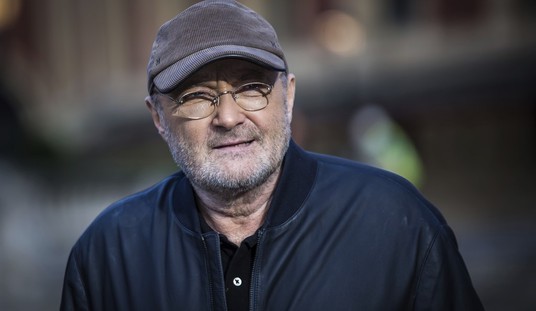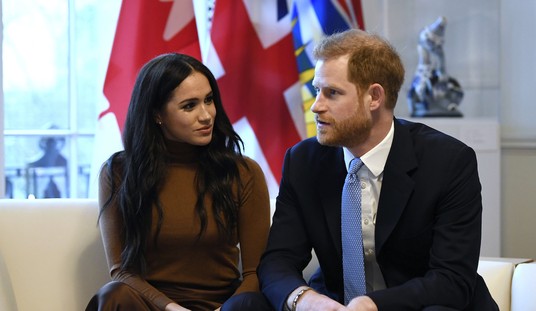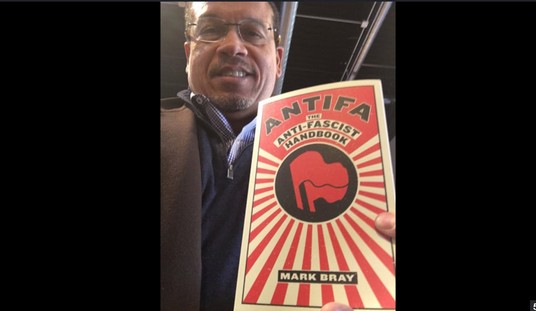The Obama administration, deeply invested in the theory that poverty and lack of economic opportunity cause terrorism, has established a federal program intended to help young Muslims feel less “alienated.” The administration awarded $400,000 in taxpayer-funded grants to organizations working with Somali Muslims in Minneapolis in hopes of keeping young Muslims in the area from joining the global jihad — as dozens from the area have already done.
There’s just one catch: this approach was doomed to fail on the drawing board. The sad story of Abdirizak Mohamed Warsame reveals why.
Marcus Pope of Youthprise, the organization overseeing distribution of this money, explains his take on the plight of Somali Muslims in Minneapolis:
[They face] formidable challenges, including a sense of alienation, a search for identity as new immigrants, unemployment and poverty that can open them to recruitment by extremist groups.
Warsame once agreed with Pope’s analysis. In a 2011 video, he encouraged his fellow young, Minneapolis-area Somali Muslims to grasp the American dream:
You guys are tomorrow. And all you have to have, to get anywhere you want, is determination.
Warsame seemed full of determination himself: although he grew up in the tough Minneapolis neighborhood known as Little Mogadishu, he didn’t seem alienated or overwhelmed by the challenges he faced. Warsame worked at Minneapolis-St. Paul International Airport, and was an active member of a group known as Poet Nation. In one rap that he posted online, he emphasized that he didn’t preach violence and lamented the violence in the poor areas of Minneapolis.
He appeared to have familial support; Warsame’s parents seemed just as determined as him to fight against the sinister forces operating in their area. In October 2015, his mother Deqa Hussen spoke sternly to Somali Muslim parents at a Minneapolis town hall meeting:
“I need you guys to wake up and to tell your child, ‘Who’s recruiting you?’ Ask what happened. … We have to stop the denial thing that we have, and we have to talk to our kids and work with the FBI.”
Two months later, Warsame was arrested for plotting to travel to Syria and join the Islamic State – and he admitted that he had been making plans for over a year. While his mother was fighting against jihad recruitment in Minneapolis. It had been years, though, since he himself had exhorted young Muslims in Minneapolis to be determined to overcome obstacles they encountered.
In a profile of Warsame, an AP writer struggles to understand how this could have happened. After all, Warsame is just the sort of young man that authorities who have placed all their hopes — and taxpayer money — in these programs to counter “extremism” would have pointed to as a success story:
Local leaders have launched a major effort to stop the flow by building up positive influences on the thousands of young Somalis in the area. And in many ways, Warsame seemed to embody the key points: hopeful attitude, engaged in the community, with strong family support.
Yet he still tried to join the Islamic State, after having been, he says, radicalized on the Internet. No one involved is stopping to ponder why the non-violent Islam that he supposedly learned in Minneapolis, and that he even preached, was not able to withstand the appeal of these supposed Internet “hijackers” of Islam.
No one ever ponders that question, and yet it is the central question in this case and all such cases.
In the incident’s wake, have officials chosen to analyze what was being taught at Warsame’s mosque? Have they chosen to conduct an honest, searching evaluation of how jihad recruiters use the texts and teachings of Islam to induce peaceful Muslims to join their ranks? Have they researched what might actually constitute an effective program to show young Muslims why they should reject al-Qaeda/ISIS-inspired violence?
No, community leaders in Minneapolis have decided that the lesson of Warsame’s arrest is that … they just need to start the youth sports and jobs programs that fail earlier in the young Muslims’ lives.
Farhio Khalif, whom AP identifies as “a leader of a community task force that is working with the U.S. attorney’s office on anti-recruitment strategies,” laments that in Warsame’s case, by the time he was a teenager “it was too late. He was already caught up.” Now, he said, officials must work hard to show even young children that “there is opportunity and there is hope in this community.”
But that’s simply not what happened to Warsame.
At his plea hearing, Warsame didn’t say anything about being driven to jihad by a lack of opportunity and hope. Instead, he explained that he had been listening to lectures by jihad leader Anwar al-Awlaki, and, according to AP, “came to believe his duty as a devout Muslim was to take up arms against non-Muslims.”
Would a young Muslim who became convinced on Islamic theological grounds that he had a duty to take up arms against non-Muslims be compelled to lay down those arms for a spot on a youth basketball team, or a job at Walmart?
The real lesson of Abdirizak Mohamed Warsame is not that the youth basketball recruiters need to start even earlier, but that the $400,000 that has already been spent on these programs in Minneapolis, and all the good money that authorities are going to throw after that bad, is wasted.
Somali Muslim youth in Minneapolis become “radicalized” not because they’re disenfranchised, but because they are devout Muslims. When jihad recruiters tell them that Allah commands them to wage war against unbelievers, they listen. But federal officials will never admit that — and they will spend millions of dollars of taxpayer money trying to pretend it isn’t so.
But as with all Leftist causes, no matter how much money they lavish on their pet falsehoods, they will never, ever become true.










Join the conversation as a VIP Member